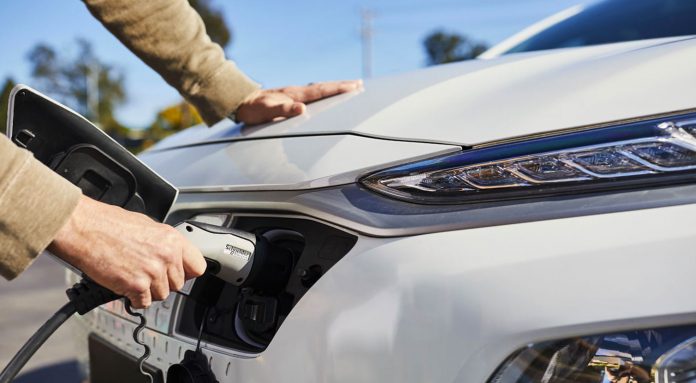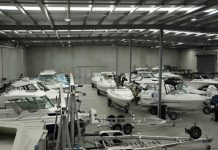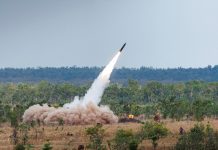
Media Release
On behalf of the Australian Government, the Australian Renewable Energy Agency (ARENA) has announced $1.6 million in funding to Jemena to undertake a residential electric vehicle (EV) managed charging trial with four other electricity networks in the ACT, Victoria and Tasmania.
Jemena will work with Distribution Network Service Providers (DNSP) AusNet, Evoenergy, TasNetworks and United Energy on a 176 EV residential trial to demonstrate the use of hardware based smart charging directed by signals from networks as opposed to electricity retailers.
The $3.4 million project will be the first time networks have played a direct role in EV charge management and will assist in their preparedness for the potential impacts of EVs on the electricity system.
The networks will install network monitoring equipment to better understand the network conditions and impact of the EVs in real time. Based on this information, signals will also be sent by each network to an aggregation platform that will communicate with smart charging hardware to control EV charging.
The trial will allow DNSPs to assess the potential costs and benefits of managed charging. This will enable the networks to minimise and justify future expenditure more accurately, while improving network infrastructure utilisation and enabling a lower cost integration of EVs for all consumers.
ARENA’s funding will assist in purchasing smart charging hardware, network monitoring equipment, as well as program management costs for the trial. Hardware and software will be supplied and installed by JET Charge.
ARENA has also supported Origin, AGL and ActewAGL to trial different technologies and approaches to managed EV charging, smart charging and vehicle-to-grid services. These trials explore both charging at optimum times of day for lowest cost and to reduce peak demand, as well as exporting power back to the grid.
ARENA has previously supported the rollout of two ultra-fast charging EV networks across Australia by Chargefox and Evie Networks which have focused mainly on enabling travel on major highways between capital cities.
Together, these ARENA funded EV projects not only help to address consumer range anxiety for EVs but are also demonstrating and informing the market on how EV charging can be managed at higher levels of uptake, with the lowest cost and greatest benefit to consumers.
ARENA CEO Darren Miller said that while ARENA’s other EV projects involve networks in more of a consultative role, this project will put networks’ in the driver’s seat managing EV charging for the first time.
“As the penetration of EVs increases, it will be important to manage and orchestrate the charging of vehicles to avoid negative impacts on networks and costs and ensure the optimal outcome for all parties.
“Networks will be key to this as they hold the ultimate responsibility for integrating EVs into their grids while maintaining security of supply and minimising costs,” Mr Miller said.
“With more and more Australians buying electric vehicles, Jemena is playing its part to support this adoption while ensuring the electricity grid can manage the extra consumption, particularly in neighbourhoods that already have a high uptake of electric vehicles,” said Executive General Manager of Jemena Networks Shaun Reardon.
As outlined in the Australian Government’s first Low Emissions Technology Statement, ARENA will also continue to support consumers choosing new vehicle technologies through the roll-out of the Future Fuels Fund. The Future Fuels Fund will help businesses and regional communities take advantage of opportunities offered by hydrogen, electric, and bio-fuelled vehicles.



















